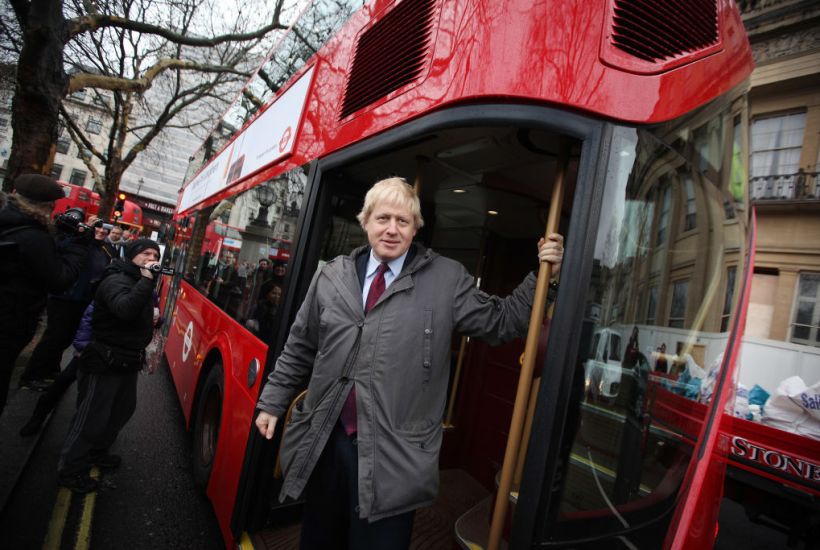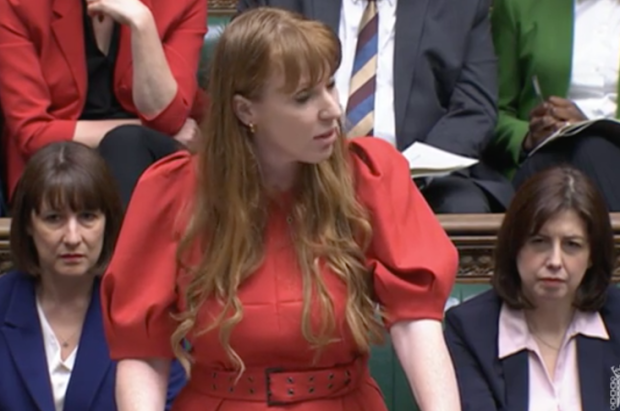Boris Johnson’s plan to ‘level up’ Britain sounds long overdue. It implies the creation of a less geographically unequal United Kingdom. What’s not to like?
The motivating theory behind ‘levelling up’ seems to go like this: London, the beating heart of this relatively affluent corner of our nation, has had plenty of investment in recent years. It is now time to listen to the needs of the newly-Conservative ‘Red Wall’ and Leave-voting ‘left behind’ communities in the north of England. These areas have been ignored for decades, and recently voiced their displeasure at the ballot box. But the reality is rather more complicated – and there is a danger that, yet again, London’s poorest get left behind.
The ‘Red Wall’ is made up of extremely different places. It is rich, poor, and everything in between. Stereotyping these new Tory constituencies as a homogenous, deprived block is a mistake. But the same is true of the capital, where the engine that drives the national economy exists alongside poverty rates higher than any other UK region. There are communities in Hounslow and Haringey for whom power and opportunity feel as distant and remote as those in Hartlepool and Hull. With the ruling Conservative party focused on ‘levelling up’, and Labour embarrassed by accusations of being ‘London-centric’, who is going to argue for ‘levelling up’ London’s left behind communities?
In recent years, as governments of all hues have tried different methods to rebalance the economy away from the capital, London’s poor have stayed poor. Not only are poverty rates higher in the capital than elsewhere, driven in part, but not exclusively, by housing costs, but child poverty rates are also shamefully high in areas of London. London is the most unequal region in the UK, and poorer Londoners are worse off than their counterparts elsewhere in the UK after housing costs.
There are other reasons why many Londoners struggle. Despite being gifted nice shiny new toys like Crossrail (should it ever open), Londoners have long faced the longest average commutes on some of the most overcrowded trains on the country. As a consequence, they work longer into the evening than their counterparts elsewhere in the UK. Economic growth has continued in recent years. Yet this has been fuelled, not by productivity growth, but by simply adding more jobs, many of them low-paid. Perhaps relatedly, Londoners have the lowest levels of overall life satisfaction, and the highest levels of anxiety in the nation.
The city’s economy may have thrived before the pandemic, but Londoners weren’t necessarily reaping the benefits. Year on year, London and its surroundings were the only part of the country that paid more in tax than they received in public spending. But it might be fair to say that Crossrail, for example, is designed to continue to facilitate this tax take, rather than to help ‘level up’ poorer Londoners.
With its economy hit particularly hard by the pandemic, London is now the region with the highest unemployment in the UK. Job postings in the capital are down 14 per cent since February 2020 – in the North East of England, they are up 15 per cent. Consumer spending has bounced back quicker and stronger in the North and Midlands than in London. And poverty endures.
This is the story of our nation’s capital that is rarely heard.
Brits were asked in a recent survey which of the capital’s numerous different functions and roles first came to their minds when they thought of ‘London’. The number one result, by some distance, was ‘the home of Parliament and the UK’s central government’. The words ‘London’ and ‘the government’ are used increasingly interchangeably, with the place itself associated with power and decision-making. Greater Manchester Mayor Andy Burnham has repeatedly attacked ‘Westminster’ as being out of touch. The shorthand, which risks confusing the place with the government that operates from within its boundaries, is easy to slip into, but hard to get out of.
It is undoubtedly true that the UK is a heavily centralised nation, with the majority of taxes collected and allocated by central government. Local government has also borne the brunt of austerity, with London’s local government facing a disproportionate share of the cuts. But does the fact that central government is overwhelmingly physically located in Westminster and Whitehall, in the heart of the UK capital, really advantage London’s ‘left-behind’? It is hard to see how.
London is an historically resilient place. It has endured fires, plagues and war. It has also declined significantly and recovered. But its current success story is under threat like never before – and its poor have vanished from the national conversation.
Relations between the newly re-elected Mayor of London and central government are at an historic low, and the struggle over Transport for London’s bailout provides a reminder that even devolved powers in the UK still exist only at the behest of central government. With central government focus elsewhere, who will speak for poorer Londoners?
Got something to add? Join the discussion and comment below.
Get 10 issues for just $10
Subscribe to The Spectator Australia today for the next 10 magazine issues, plus full online access, for just $10.




















Comments
Don't miss out
Join the conversation with other Spectator Australia readers. Subscribe to leave a comment.
SUBSCRIBEAlready a subscriber? Log in